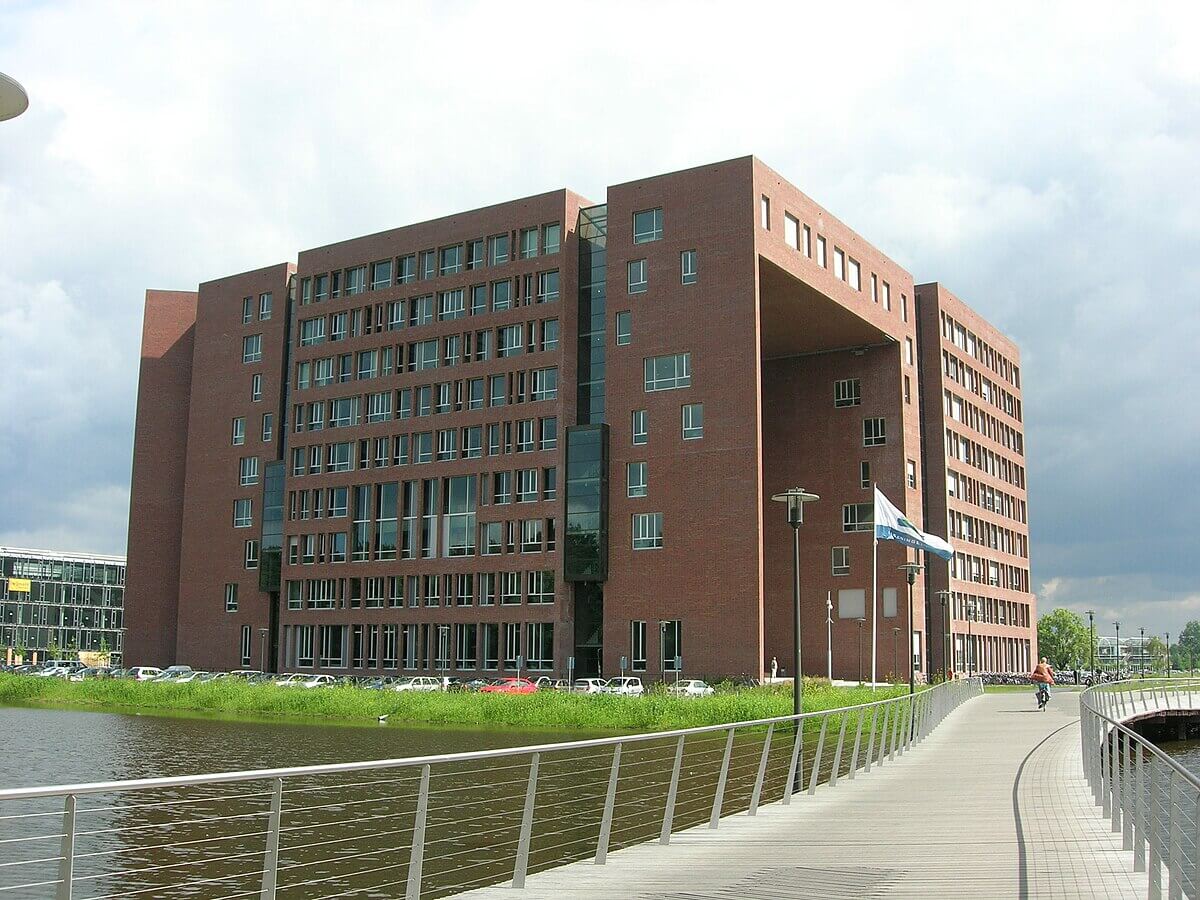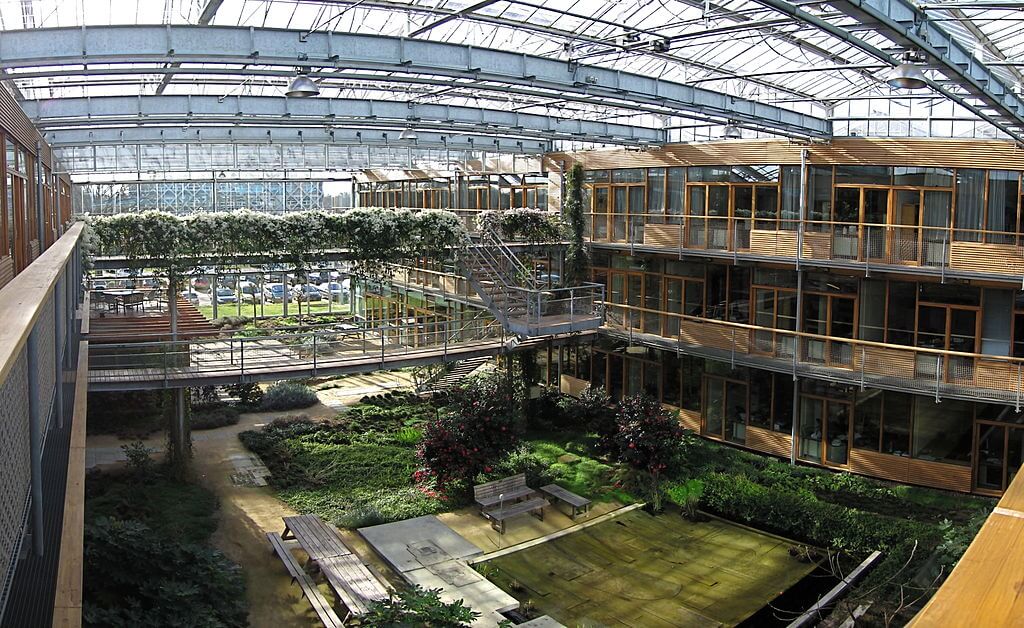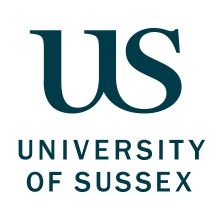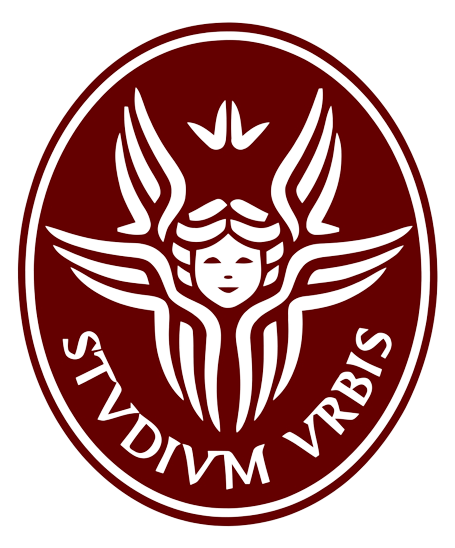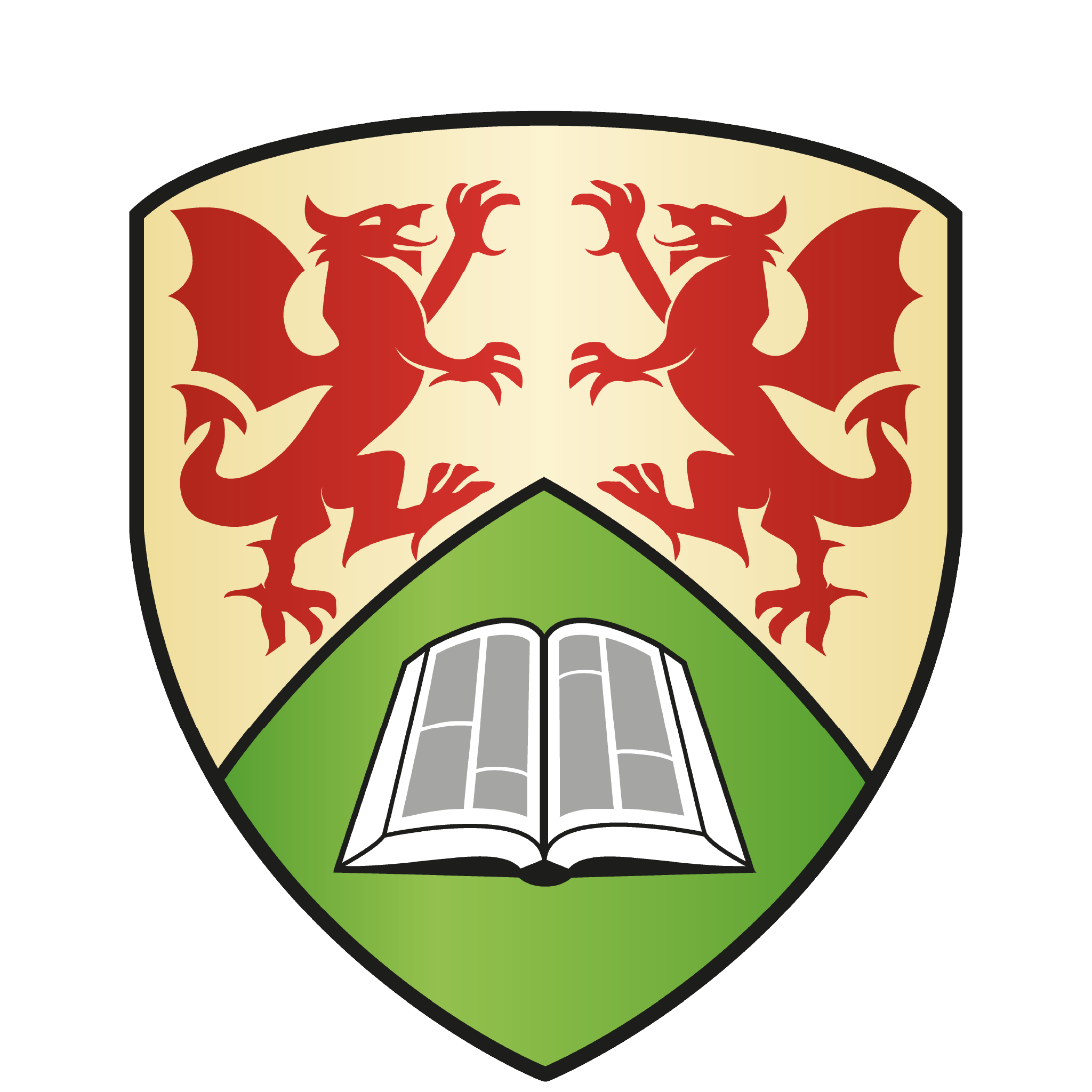The MSc Biology Programme is a two year programme, which comprises of 120 credits (ECTS). The programme consists of various courses, an internship and a master’s thesis which are carried out within one of the four specialisations. Together with your study advisor you will design a tailor made study programme that fits your interests and ambitions. Below you see which elements are part of a MSc Biology study programme. In the Study Handbook you can find all courses of the MSc Biology.
Year 1
The first year you will start with a common course followed by specialisation courses. Next are electives and you end the year with an academic master cluster.
Common Course (6 ECTS)
All students have to take the course ‘Frontiers in Biology’ (6 ECTS). This course deals with the latest developments in biology and covers a wide range of themes. Highlights in modern biology will be addressed by studying recent articles and by keynote speakers from various biological disciplines.
Specialisation courses (12 ECTS)
The master’s Biology offers four specialisations. In each specialisation, students follow two specialisation courses to deepen their knowledge of literature and scientific analysis, and to develop research skills relevant for the scientific discipline of the specialisation. This way, students obtain the level of knowledge needed to carry out a thesis or internship. Which courses are required varies among specialisations. Click on the specialisations for more information.
Cell and Molecular Biology
Organismal Adaptation and Development
Human and Animal Health Biology
Ecology and Biodiversity
Electives (30 ECTS)
Within this master’s you have 30 ECTS of electives. Within these 30 ECTS you can decide what you want to do in order to reach your personal goals. You can follow courses from any relevant MSc programme offered at Wageningen University or any other academic institution (subject to approval). You could for example choose courses on systems biology, big data analysis or statistics. You can also choose to do an extra thesis as an elective in order to obtain additional experience in conducting a research.
Academic Master Cluster (12 ECTS)
1. Academic Consultancy Training (9 ECTS) and Modular Skills Training (3 ECTS): In Academic Consultancy Training you will work with students from different master’s programmes on an assignment for an external client. In this way, you can apply the knowledge you gained during your studies and experience what it’s like to work as a consultant. Your group will be supported by an academic expert focusing on the contents of the project and a coach focusing on the group process and personal development of the team members. In Modular Skills Training you select modules to work on specific skills that you would like to develop, like scientific writing, management skills or career orientation.
2. Research Master Cluster (12 ECTS): In this course you will write a PhD proposal with the support of experts, coaches and fellow students. This is very useful if you want to pursue a PhD after graduation.
Year 2
The first half of the seccond year you will start with a thesis. You will end the programme with an internship.
Thesis (36 ECTS)
In your thesis you will perform a research project at one of the 30 biological chair groups of Wageningen University. You will perform research (lab/field/literature), write a report and present your findings at the chair group. On the pages of the different specialisations, you can find examples of thesis topics. On the student experiences page some students share their stories about their thesis.
Internship (24 ECTS)
In your internship you will work at an organisation outside of the university. This way, you will get a taste of what kind of job you could do after graduating. On the student experiences page some students share their stories about their internship.
Study advice
The Biology Programme Team is there to support you during your studies. The team consists of a programme director, study advisors, a secretary and a communications officer. The study advisors can help you to plan your personal study programme. They can also help you if you face (personal) issues that affect your study.
Courses of the MSc Biology are listed in the online Study Handbook.
Show less


